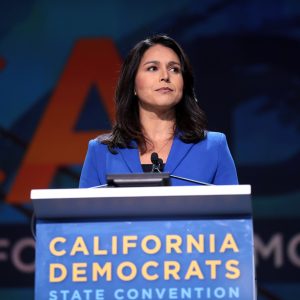China asks G7 to bring ‘real money, projects to benefit people’
ISTANBUL (AA) – In response to the latest announcement by the G7 nations regarding the launch of a $600 billion global infrastructure initiative, China has said that the G7 nations should bring “real money and projects that actually benefit the people.”
“What the international community wants to see is real money and projects that actually benefit the people,” Zhao Lijian, spokesperson of China’s Foreign Ministry, said when asked about the announcement by the G7 nations.
At a summit in Germany on Sunday, the G7 leaders pledged to raise $600 billion in private and public funds over the next 5 years to finance infrastructure in developing countries and counter China’s multitrillion-dollar Belt and Road Initiative (BRI).
The Chinese spokesperson said allegations that the BRI has created a debt trap “is a false proposition.”
“We oppose words and deeds that promote geopolitical calculations and smear and slander the Belt and Road Initiative under the guise of infrastructure construction,” Zhao told a news conference in Beijing on Monday.
Under the rebranded ‘Partnership for Global Infrastructure and Investment’, the US said: “Too often, financing options lack transparency, fuel corruption and poor governance, and create unsustainable debt burdens.”
Zhao said that the BRI has “always adhered to the principle of extensive consultation, joint contribution and shared benefits, bringing tangible benefits to the people of the countries concerned” since it was launched nine years ago.
“In fact, none of the BRI partner countries endorses the so-called ‘debt trap’,” he added.
Zhao accused Washington of being the “real creator of the ‘debt trap’.”
“The US’ expansive monetary policy, unregulated financial innovations, and malicious short-selling have aggravated the debt burden of developing countries,” he alleged.
“China always welcomes all initiatives to promote global infrastructure,” he said.
On the establishment of the Blue Pacific Partnership among the US, Australia, Japan, New Zealand, and the UK, Zhao said any cooperation initiative “aimed at the South Pacific region should follow the trend of the times for peaceful development and win-win cooperation, and respect the independence and sovereignty of Pacific Island countries.”
“They should not form gangs, engage in ‘small circles’, nor should they target or damage the interests of third parties,” he added







